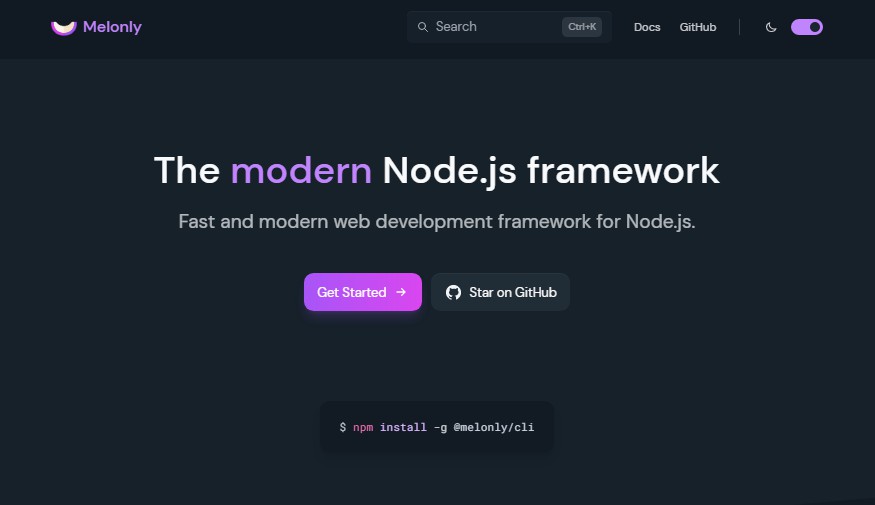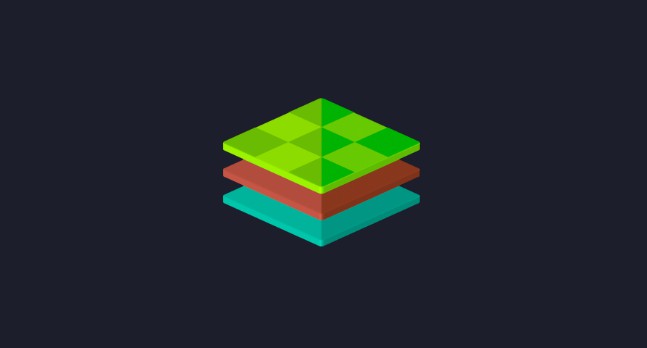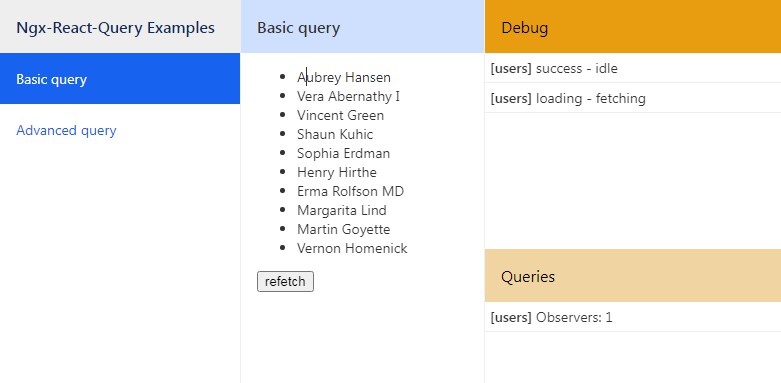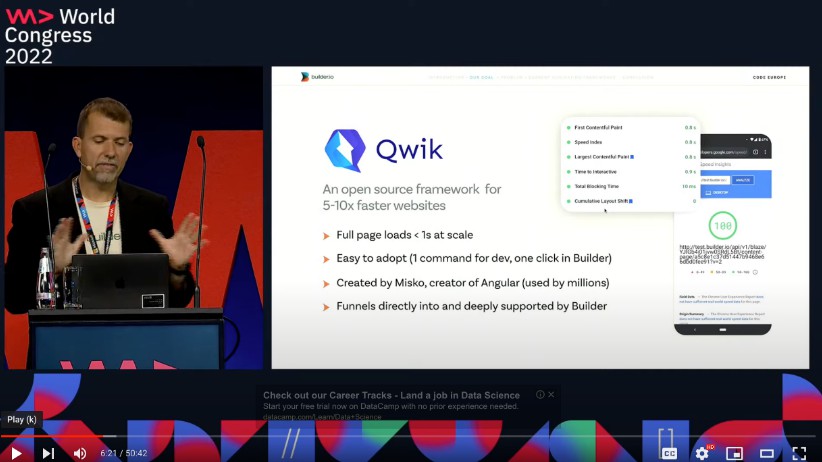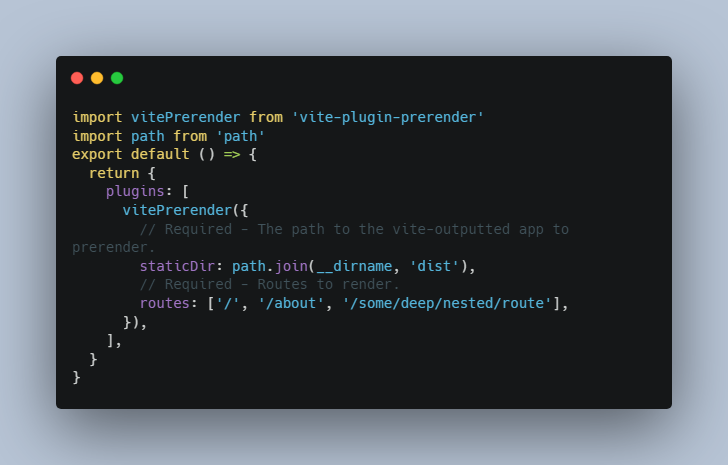About
Melonly is a fast and modern web development framework for Node.js. It makes it easy to create secure and fast web applications with awesome developer experience.
Requirements
To run Melonly, your environment has to met few requirements:
Installation
First, you only have to install @melonly/cli package before creating your first project:
$ npm install -g @melonly/cli
You can check the Melonly CLI version when it has been properly installed and you’ll be able to run melon commands.
$ melon -v
Creating Project
To create new Melonly project you can use the CLI. Just run the new command in your directory:
$ melon new <project-name>
Starter Templates
Melonly comes with frontend frameworks integration out-of-the-box. You can create your project with predefined React or Vue template.
$ melon new <project-name> --template=vue
Running the Application
Once your project has been created you can start it on the local server using npm start:
$ cd <project-name>
$ npm start
Your application will be available on localhost:3000 by default. You can change the port in .env configuration file.
If you don’t want to open the browser automatically, use the npm run start:dev command.
Running with React or Vue
If your project has been created using Vue or React template, you have to run npm run dev command inside project’s resources directory:
$ cd your-app\resources && npm run dev
# Then run in separate terminal instance:
$ cd your-app && npm start
Contributing
We appreciate every willingness to help developing Melonly. This project is open-source. That means everyone can use and make it.
We encourage you to open issues and pull requests on this GitHub repository. It helps us a lot with developing the framework.
Security
If you discovered any bug or security issue please open new issue / pull request in the repository or email me: [email protected].
Information
Documentation: melonly.pl
GitHub repository: github.com/Doc077/melonly
Author: Doc077
License
Melonly is an open-source framework licensed under the MIT License.
